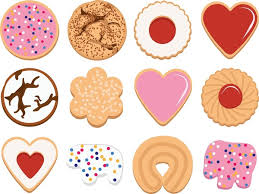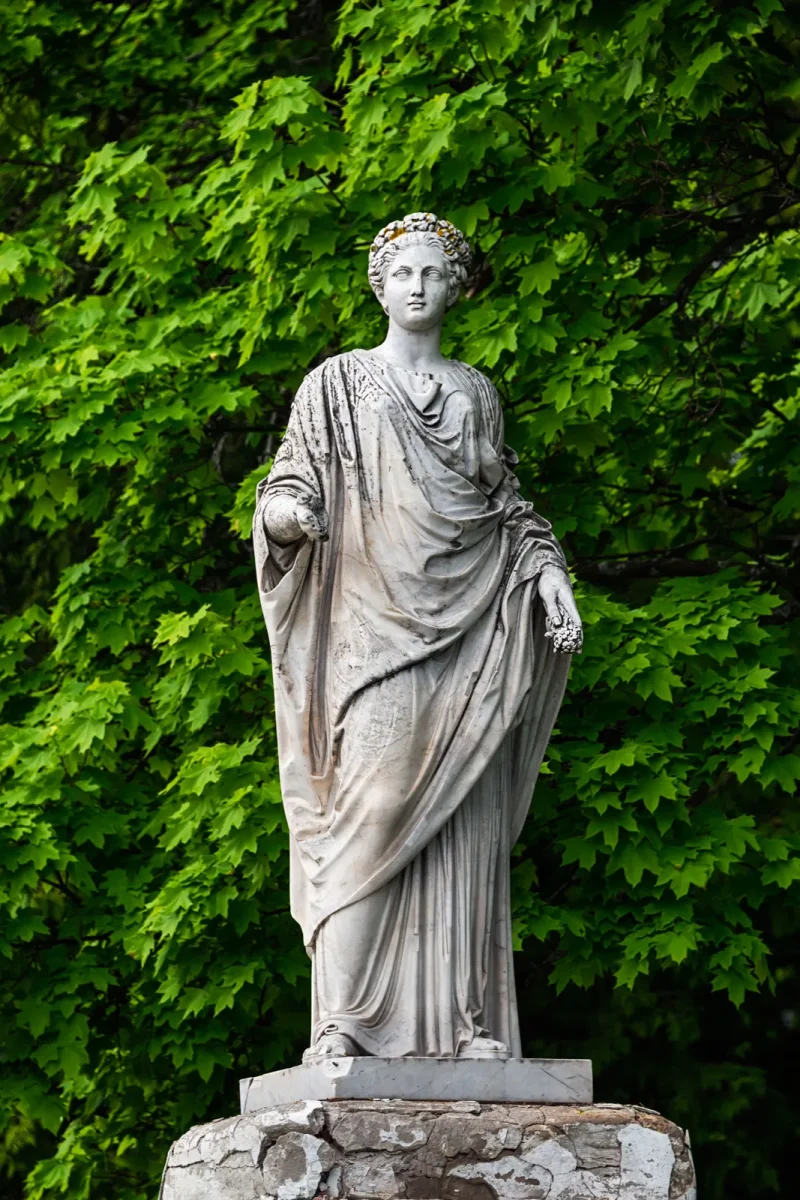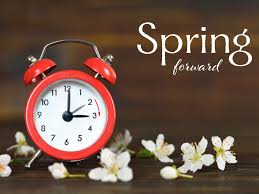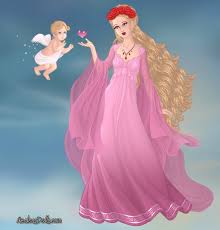Beauty: You keep using that word, but I don’t think it means what you think it means
As a young woman, I have often heard well-meaning people tell me that I am beautiful, regardless of many things. Regardless of height, body type, weight, skin type, hair, hobbies, personal attributes and qualities, and especially beauty. I am beautiful on the inside. Beauty has become this quality that every woman is supposed to have; every woman is supposed to be beautiful. We as a society are teaching young girls that they are all beautiful‒on the inside. Outside beauty doesn’t matter, but the inside beauty does, and every single woman is beautiful.
There is a new trend and a new mindset in society: people preaching that all women are beautiful on the inside, and we hear it everywhere, all the time. There are several problems with this. The first problem is that the word is being used to describe something that is not “beauty.” The second is that, for the most part, only women are told that they are beautiful on the inside, and we still hold the standard that all women must be beautiful, whereas men are not held to the same standard. The third problem is that we associate talent and skills with looks and attractiveness, meaning that if a young girl does not feel pretty, then she will not feel talented.
Having a good sense of humor is not beauty. Being good at soccer is not beauty. Acting and singing well is not beauty. Getting good grades, winning at chess, baking―none of these things have anything to do with beauty. These things make an individual a well-rounded person, they make an individual unique, talented, and fun to be around, but they have absolutely nothing to do with physical looks, of which the word beauty refers. Every woman is beautiful on the inside! Does beautiful really need to be the adjective we use to describe one’s strengths and talents?
In regard to the second problem with claiming that all women are beautiful on the inside, men are not told the same thing. It is not, “All people are beautiful,” it is, “All women are beautiful.” This is because men do not have to be beautiful, attractive, or even nice to be successful and worth something, both to themselves and to others. There is a growing percentage of young men who have similar look-based low self-esteem that young women struggle with; however, young men are not told that they are handsome on the inside regardless of how they look on the outside.
All people should be comfortable in their own skin, appreciate their strengths, and have a genuine pride in being themselves. The word beauty is traditionally used in reference to one’s outward appearance, and it is traditionally only used to describe the appearance of women. It is dictated by society and by media and advertising, and it is usually unattainable for most of the population. It has never been about personality traits or creativity or actual human worth, and it was never supposed to be.
The growing trend or push for women to wear less makeup, to cultivate their talents, and to focus on their inner worth is good, it really is, but telling women that they are all beautiful no matter what does not fix the problem. It does not make any young girl or woman struggling with her self-esteem feel more beautiful, but it does make young women focus on their physical appearance rather than their talents and strengths.
The first step in fixing the problem is to stop making differences in our speech. It should not be, “All women are beautiful.” It should be, “All people have value.” Everyone is worth something. Everyone has talents and admirable personality traits, and every person deserves to have their self worth based off of these, not their physical traits. We must, on an individual and societal level, stop automatically presuming that all women have to be beautiful to be successful and to be worth something, because that is not true. By including the word “beauty” when we really mean “individual worth” we teach our girls that they are not worth something if they are not pretty, and regardless of how many times they hear, “You are beautiful on the inside,” they will not believe it.

Jeßyka Brown, a senior at DCHS, is an extremely opinionated young woman who enjoys reading, writing, and public speaking. She is involved with Student...


















